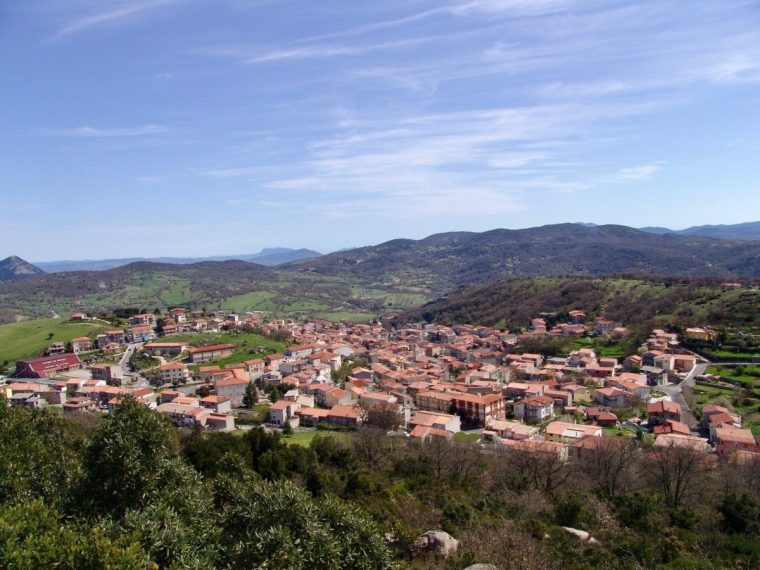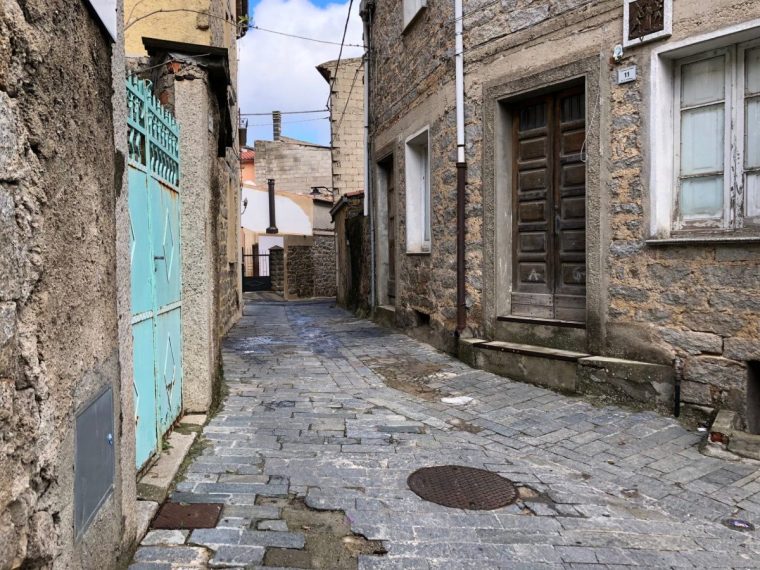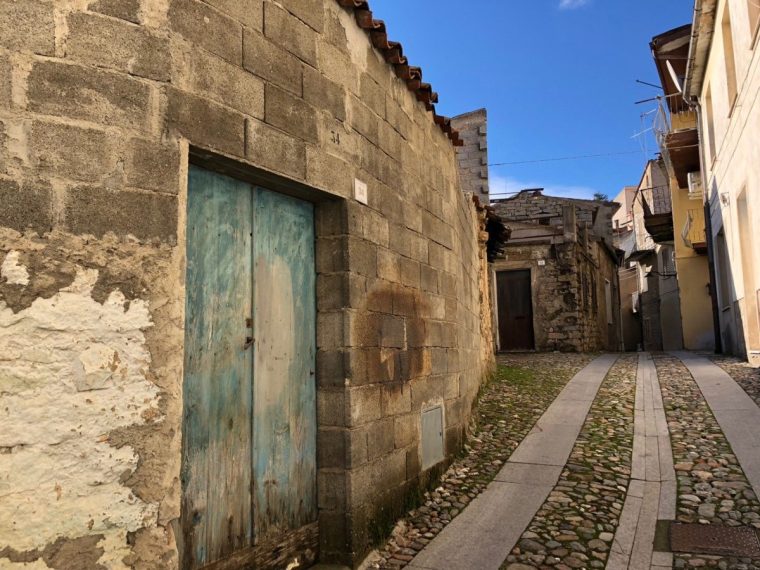Ollolai in Sardinia wants successful professionals to contribute to the community
A remote village in Italy is offering one-month stays for a symbolic €1 fee to digital nomads from around the world.
Applications for remote workers to come and stay in Ollolai, deep in the countryside of central Sardinia’s hilly Barbagia area, are technically open to all nationalities.
However, there is a catch. The mayor will only accept Americans.
Many remote workers from Italy and elsewhere who would like to apply have complained that they are being discriminated against.
“The scheme is theoretically for all digital nomads, there are no nationality requirements stated online but word of mouth and local press have reported that only Americans are welcome. I call this discrimination,” Luca del Bianco, 35, a remote IT worker based in Milan told The i Paper.

“I’d like to go to work in Ollolai but am afraid of applying as I know I’ll be discarded just because I have an Italian ID. And like me, many friends are also giving up on the plan.”
Ollolai’s town hall has received some 40,000 applications from digital nomads from across the world since the scheme, called “Work from Ollolai,” was launched in 2023.
So far, the village has hosted only 10 remote workers, all from the US. The next two Americans are expected for September.
The mayor, Francesco Columbu, said he wanted to avoid repeating “bad experiences” at the start of the scheme, when the village hosted nomads from northern Europe and Asia. They ended up spending most of their time drunk and “fooling around”, the mayor said.

He said rejected French and British applicants had sent angry emails to complain.
“This is my personal choice, for the time being at least, I accept only American remote workers because I believe in the so-called ‘American Dream’,” he told The i Paper. “After all the Silicon Valley is in the States. Americans are forward-looking and wherever they go, they bring innovation and progress.”
The mayor said he was not looking for “lazy people who just get hosted for free for doing nothing, but for professionals with a proven background who can contribute with fresh ideas to revitalise” his village.
Over the past century Ollolai’s population has dropped from 2,250 to 1,300 with only a handful of babies born each year. Many locals have left, slowly emptying the ancient rural community town.
“I’m not interested in bringing hordes of remote workers over here, I want high-standard quality, not quantity,” Columbu said.

The scheme encourages applications from “successful professionals who are eager to contribute to the community by sharing their knowledge. In exchange, nomads will get to stay in the village for a symbolic €1.
It encourages applications from “professionals and entrepreneurs with multiple years of experience, in professional services such as in the field of technology, media, finance, real estate, architecture”. It adds: “Professional artists, writers, musicians, scientists, and academics in general are also encouraged to apply.”
In exchange for the stay, which can be extended to three months, each nomad will have to contribute a piece of work, whether that is a project, presentation, a paper or classes related to their respective fields and experiences, with the potential to spur investments.
The authorities cover the rental of empty houses from local families for the digital nomads, at a cost of roughly €350 (£303) a month for one or two-bedroom apartments. The chosen digital nomad must take care of utility bills.
However, to address the backlash and still appeal to an international audience, Columbu stressed that there was another “parallel” housing project open to all nationalities.
Since 2018, local authorities have placed old homes on the market for €1, and so far sold over a dozen. A few years later, they expanded to include the sale of cheap homes and other properties for up to €100.
“We’ve had over 100,000 information requests and subscribers to our property website, where we will soon showcase new homes. Everyone is welcome”, said Columbu.
